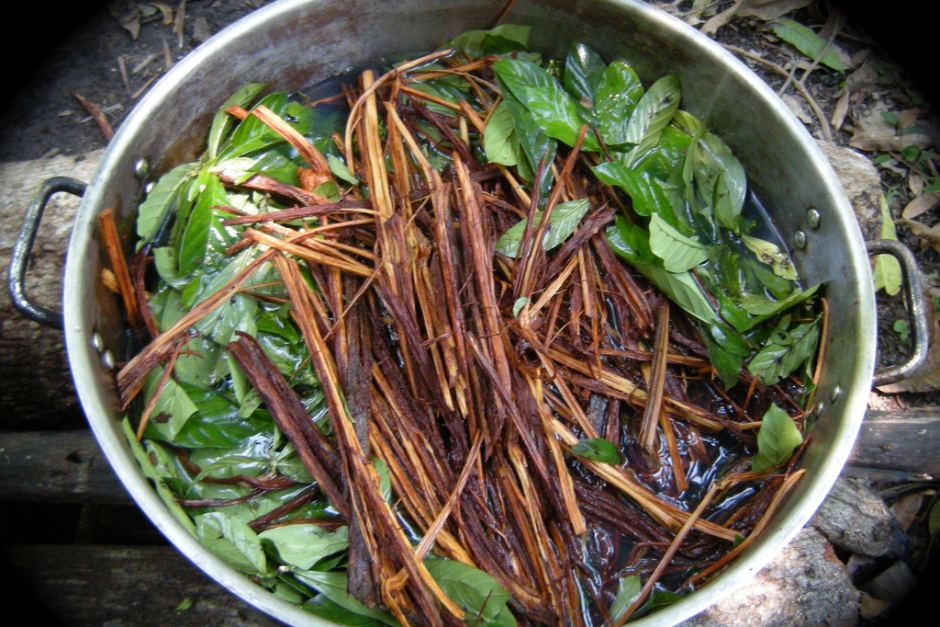
The growing use of the hallucinogenic plant substance Ayahuasca in the West is coming in for criticism for commercializing an indigenous practice, as well as posing adverse affects for the uninitiated. While the widespread use of Ayahuasca is fairly recent, the controversy goes back a century to the clash between indigenous practitioners who use a wide range of substances and practices (from peyote to yoga) for traditional religious and social rituals and Western seekers who appropriate them for their spiritual and healing properties, writes Evgenia Fotiou in the journal Anthropology of Consciousness (September). The use of Ayahuasca “has expanded to a global level and has had an enormous impact on religious and neo-shamanic currents in the West. It has also attracted the attention of scientists internationally, who conduct research with ayahuasca in order to determine possible uses for it in the West.” The number of spiritual tourists coming to Peru, where the plant is harvested for use, has grown from about 200 annually starting in 2005 to thousands in the last few years, thanks to conferences and other forms of publicity.
Another article in this issue notes that the context of ayahuasca use has changed in recent years; there are now Christian-oriented ayahuasca churches in countries such as Brazil, the U.S., Australia, and parts of Europe, where worshippers take the substance as a form of communion. Since 2012 numerous ayahuasca treatment centers have opened up in Peru, where they are legal, while both indigenous and non-indigenous shamans advertise their services for tourists. Many of these centers stress ayahuasca’s spiritual and health benefits (from emotional illnesses to addictions to cancer), but they don’t mention the risks to users, including psychosis and death. Fotiou adds that an unpublicized aspect of ayahuasca shamanism is the dark side of sorcery, where shamans admit that they contend with and have to control urges to harm or kill: “Thus, far from being the spiritual and healing tradition that Westerners seek, accusations of sorcery attacks abound in the area, with Westerners often being the victims.” The old stereotype about Western spiritual and medical entrepreneurs appropriating indigenous traditions and practices doesn’t explain the globalization of ayahuasca. Indigenous shamans and treatment centers are heavily involved in the global production and commercialization of ayahuasca, and it does no good for Western academics self-righteously to denounce the “appropriation of beliefs” and “New Agers as postcolonial exploiters” when indigenous people are already involved in the capitalist system, Fotiou concludes.
(Anthropology of Consciousness, http://onlinelibrary.wiley.com/journal/10.1111/(ISSN)1556-3537)
